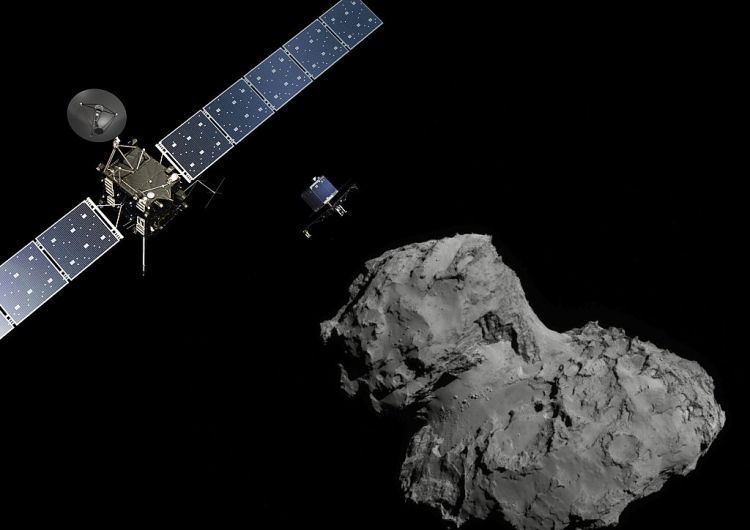NASA Sets Up Planetary Defense Coordination Office To Defend Earth From Asteroids, Comets

The National Aeronautics and Space Administration (NASA) has set up a Planetary Defense Coordination Office under its Planetary Science Division to defend humans from asteroids and comets, reports said Wednesday.
According to CNN, the office holds responsibility for finding and characterizing asteroids and comets that would pass near the Earth's orbit. More so, it will also take the lead in coordinating intergovernmental and interagency efforts to take down or prevent potential impact threats to the Earth based on credible and reliable science data.
John Grunsfeld, NASA's Science Mission Directorate associate administrator, said the agency, including the global community and its interagency partners, take planet defense, asteroid tracking and asteroid detection "very seriously."
"While there are no known impact threats at this time, the 2013 Chelyabinsk super-fireball and the recent 'Halloween Asteroid' close approach remind us of why we need to remain vigilant and keep our eyes to the sky," Grunsfeld said.
Lindley Johnson, the incumbent planetary defense officer, said the establishment of the Planetary Defense Coordination Office is a manifestation of NASA's full commitment to perform its role in defending the Earth from "natural impact hazards." Johnson also said that NASA is also steadfast in formulating plans should there be a need for put up planetary defenses.
In a recent press release issued by the Jet Propulsion Laboratory of the California Institute of Technology, the Planetary Coordination Office is proudly acknowledged by the National Science Foundation (NSF).
"NSF welcomes the increased visibility afforded to this critical activity," said Division of Astronomical Sciences Program Director Nigel Sharp. "We look forward to continuing the fruitful collaboration across the agencies to bring all of our resources, both ground-based and space-based, to the study of this important problem."
One of the goals of NASA is to develop technologies and techniques that would deflect or redirect objects that are perceived to cause threats to Earth.



